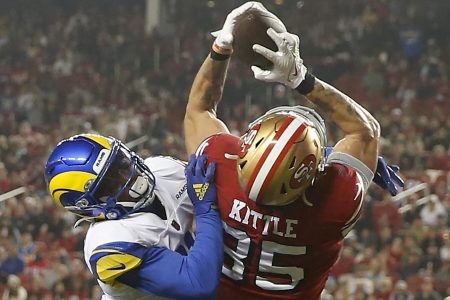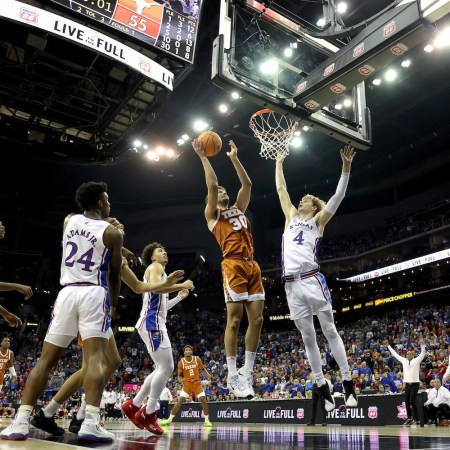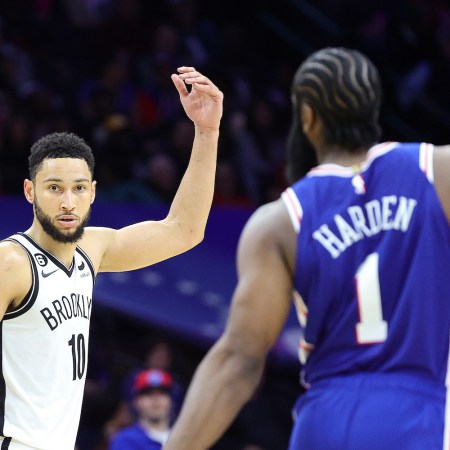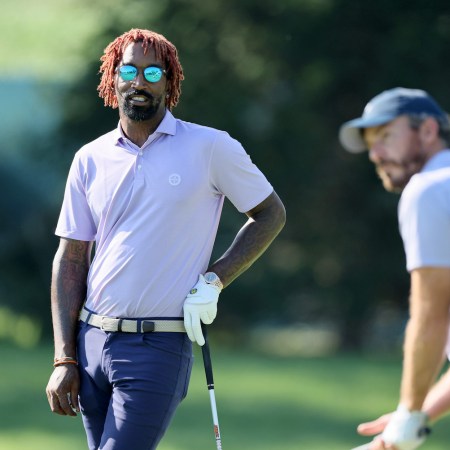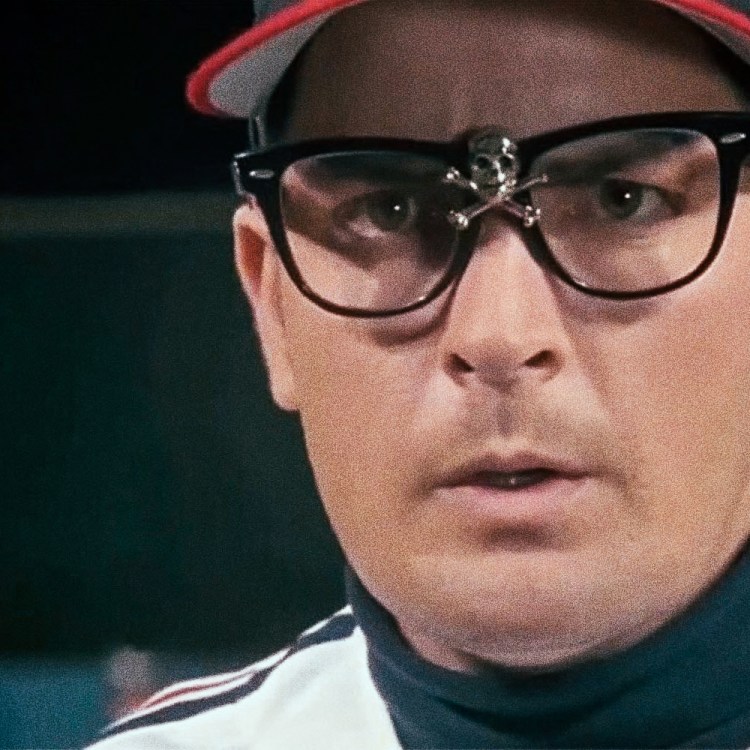In perhaps just one way, Championship Sunday was bad for the NFL this past season. All four teams vying for a spot in the Super Bowl, two from each conference, had experienced recent success. The Eagles, Chiefs, Bengals and 49ers had each competed in Super Bowls over the past handful of years; half of them had won it. So for all the parity the NFL experienced throughout the regular season — which the league has carefully cultivated in the past couple of decades — arguably the teams that most thought would appear in the playoff semifinal round were right where they were supposed to be.
While it remains to be seen which teams will contend through the lattermost playoff rounds, the parity in professional basketball might have that of the NFL beat.
Just four of the NBA’s 30 teams have been eliminated from postseason contention. There are just two weeks left in the 82-game regular season. Per an Axios Sports newsletter, that’s an all-time record for this point in the year.
The NFL Is Achieving Its Ultimate Goal of Parity
With more than half of the season over, 19 of the league’s 32 teams are .500 or better with a solid shot at the postseasonDigging deeper into the standings, just seven teams in the Eastern Conference tout a record of .500 or better, though 13 remain in contention for a playoff spot and, technically, a championship. Over in the West, the same number of teams are still playing with title hopes, but just eight are above .500 — one of them, the New Orleans Pelicans, are a mere single game higher than Even Steven.
Just six digits in the loss column separate the East’s current fifth-place team, the New York Knicks, from the tenth-place Chicago Bulls, who if the season were to end today would take part in a “play-in tournament” with the seventh, eighth and ninth playoff seeds. In the Western Conference, just two losses separate the fifth-place Los Angeles Clippers and the tenth-place Oklahoma City Thunder. In fact, the Thunder, who are just 37-38 on the year, can still finish as high as fourth and just one game out of third place.
The league’s defending champions, the Golden State Warriors, sit in seventh place in the West and still have most of the same players who won it all last year. The Los Angeles Lakers are in ninth place, one game under .500, but they just got some guy named LeBron James back from injury. So arguably both may be about as good a bet to go all the way as any other team.
At the very top of the respective conference standings sit the East’s Milwaukee Bucks and the West’s Denver Nuggets. The Bucks are just two games better than the Boston Celtics, who’ve been inconsistent this season, and just five games up on the Philadelphia 76ers, who after surging for a while have faltered in each of their last three contests. Meanwhile, the Nuggets can’t pull away from the Memphis Grizzlies, who didn’t have their best player, Ja Morant, for two weeks while he served a suspension and sought counseling. The Grizzlies are three games back of the Nuggets after winning nine of their last 10 games.
In short, there don’t appear to be too many good teams in the NBA.
People who support parity — like basically all the leaders of the Big Four North American professional team sports leagues, and of the growth-spurting Major League Soccer — say it’s good for sports. In a New Yorker article from 2012, Reeves Wiedeman wrote that its advocates see parity as “a noble goal, advocated primarily by fans from spaces between the coasts, whose teams are unable to compete with the outsized resources of bigger market teams…Each season, everyone’s team has a shot. New teams surprise, and previously good ones struggle.”
However, parity is attracting a growing number of critics. Their favorite target is parity poster boy the NFL, which has leveraged parity to become by far the most popular pro sports league in the U.S. Just this past season, columnists from the likes of the San Diego Tribune and the New York Post penned op-eds underneath headlines declaring that parity “stinks” and is breeding an “ugly” NFL on-field product. Even football’s finest player of all time spoke out against parity. When asked whether or not it is good for the NFL, Tom Brady told reporters in October 2022, “I think there’s a lot of bad football from what I watch. I watch a lot of bad football. Poor quality of football. That’s what I see.”
Already in this “season of parity” for the NBA, as The Ringer called it, the league’s trade deadline, predicted by many to be boring, was adversely affected. The biggest deals weren’t really made because teams had fallen out of the playoff race — virtually none had at that point. No, Bryan Westbrook, Kyrie Irving and Kevin Durant were traded by their teams primarily because they grew into malcontents of varying degrees.
Last year, Deadspin said the NBA playoffs were uninteresting due to the league’s parity, which has only grown on the hardwood this year. “When teams are as even as they have been throughout these playoffs, it actually makes the results more random,” they noted.
So teams don’t “win” the NBA championship anymore (nor the Super Bowl, the Stanley Cup or even the World Series, with MLB’s playoffs constantly getting called “a crapshoot“). One team just happens not to lose it.
Where’s the fun in that?
Thanks for reading InsideHook. Sign up for our daily newsletter and be in the know.

